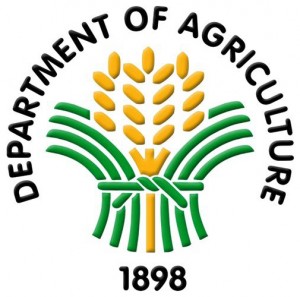Philippine News
DA pushes for amendment of RA 8178
MANILA — The Department of Agriculture (DA) is pushing for the amendment of the Agriculture Tariffication Act of 1996 or Republic Act No. 8178 in Congress that would establish a tariffication system for the food staple beyond 2017.
RA 8178 is an Act replacing quantitative import restrictions on agricultural products, except rice, with tariffs, creating the agricultural competitiveness enhancement fund and for other purposes.
Agriculture Undersecretary Segfredo Serrano, in a press briefing on Friday, said now is the right time for the country to establish tariffication for rice, noting that imposition of duty will be the instrument of protection for local palay producers once the quantitative restriction (QR) on the staple expires by end of 2017.
“There should be a coordination between the legislative and executive branch to craft a bill so that after 2017, when our new quantitative restriction expires, there is already a tariff system for rice,” he noted.
At present, rice is the only commodity in the Philippines that enjoys special treatment in the World Trade Organization (WTO), which excluded the same from the agriculture liberalization.
Serrano divulged the WTO Committee on Trade in Goods recently granted the Philippines’ request for a five-year extension of its QR on rice.
The country’s QR on rice was supposed to have expired in 2012.
Serrano said the WTO Committee is set to recommend to the WTO General Council the extension of the Philippines’ rice QR up to 2017 when the Council meets in July.
The WTO General Council is expected to grant the request for the QR’s extension, he noted.
The Philippines also more than double the volume of rice allowed to enter the country as part of the trade concessions at the WTO in exchange for the extension of its QR on rice.
From 350,000 metric tons (MT) minimum access volume (MAV) on the staple, it was hiked to 805,200 MT.
MAV refers to the minimum volume of farm produce allowed to enter into the Philippines at reduced tariff of 35 percent, while shipments outside MAV pay higher rates of 50 percent and would need approval by the National Food Authority (NFA).
Meanwhile, Agriculture Secretary Proceso Alcala said with the QR now in place, Filipino farmers will be ready once the global trade integration is implemented in 2015, noting that the Philippines continue to post record palay production since he took over DA.
In fact, he said the country posted the highest percentage increase in milled rice production among all rice-producing countries over the past five years, with average growth rate of 5.05 percent from 2009 to 2014.






















